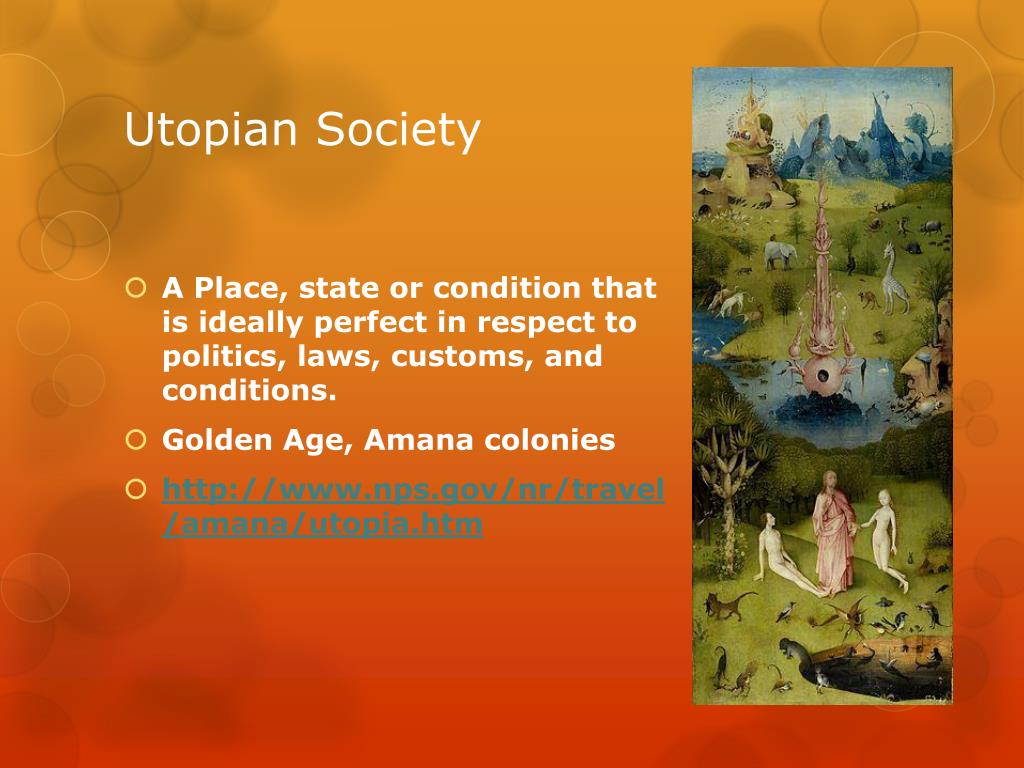

It can be the government of a single nation, or a global government, in which case dystopia crushes an otherwise utopian premise of unity. They can dominate the human mind through manipulation, propaganda, intrusive advertisement and even through implanted technology, or they can dominate the human life through absolute control of resources and a strict limitation of available comforts. One or more large corporations completely rule the world, to the detriment of mankind.

Ecological dystopias range from partial or total estrangement from nature, to the catastrophic destruction of our natural environment, up to where it can no longer sustain life. Humanity has destroyed nature and/or our relationship to it. Dystopias criticize current trends through an exaggeration of their consequences. The overarching message of dystopian stories is one of warning and mistrust in humanity. Our Golden Age is long buried in our ashes.ĭystopian fiction depicts a future in which humanity has fallen into decline and ruin, and where life and nature are recklessly exploited and destroyed. In the case of self-conscious technology (such as intelligent robots or incorporeal AIs), there is a peaceful coexistence with humans and sometimes even equality in rights, though usually technology reveres and chooses to serve mankind. Humanity has solved all of its problems and has expanded beyond its old limits with the help of sensibly developed and used technology. This kind of utopia can have a religious flavor or not, but the central message is one of departure with physical nature and dedication to spiritual well-being, or a higher plane of existence. All efforts to improve life are voluntary, joint efforts, and there is no such thing as personal profit.įrequently marked by world peace (or even galactic peace), oneness and the abolition of cultural, racial and gender-based prejudices.Ī future in which humanity has evolved past its basic needs, and is united by a common aspiration to reach enlightenment. Society enjoys an increased value attributed to arts, sciences and individualism. Society has evolved toward an equal distribution of goods, the abolition of money and unpleasant or forced labor. Ecological utopias are often marked by a strong message encouraging unity with nature-both external, and internal (human nature). The grandest categories of utopian fiction (which can also be found-profoundly altered-in dystopian fiction) are the following:ĭepicts a way of life in which man is close to nature, respects and protects it, and all life is in harmony. Utopias remind us of our inherent instinct to crave peace, to regenerate and to evolve past our short-comings.
#Define utopia full
We have reached our full potential. The overarching message of utopian stories is one of hope and faith in humanity.

There is no more suffering and injustice, no more ignorance and violence. Utopian fiction depicts a future in which humanity has reached a state of balance and peace, and where all life is valued and maintained. Such stories always awaken a powerful curiosity in us, and we often close the book with a changed perspective on life.īut how many types of future are there? How do utopian storyworlds differ from the dystopian ones, when it comes to their purpose and meaning? And wherein lies the fascination for readers? Anyone interested in science-fiction or modern fantasy has stumbled upon stories that paint the future in a decided color. These two extremes of speculative fiction have always provided a stark contrast to modern reality, and have fascinated through their often “visionary” aspects.


 0 kommentar(er)
0 kommentar(er)
